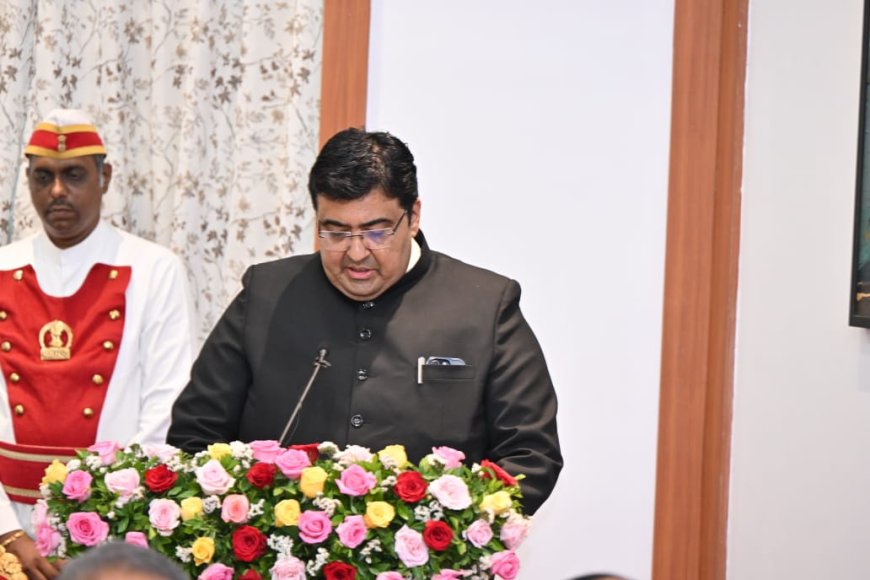Rahul Pande Sworn in as State Chief Information Commissioner; 3 State Information Commissioners Also Take Oath
Rahul Pande has officially taken oath as the State Chief Information Commissioner, with three new State Information Commissioners also assuming office. Learn more about their roles, responsibilities, and the significance of the Right to Information in governance.

In a significant development aimed at strengthening transparency and accountability in public administration, Rahul Pande has officially taken the oath as the State Chief Information Commissioner. The ceremony marked a notable step forward in reinforcing the Right to Information (RTI) framework, a cornerstone of democratic governance in India.
Alongside Pande, three newly appointed State Information Commissioners were also sworn into office. The ceremony was held in the presence of senior government officials and dignitaries, underlining the importance of the Information Commission in promoting transparency and empowering citizens.
Rahul Pande, a seasoned bureaucrat known for his dedication to public service and governance reforms, brings a wealth of administrative experience to the role. His appointment as Chief Information Commissioner is expected to further invigorate the functioning of the State Information Commission, particularly in reducing pendency in RTI appeals and complaints.
The newly inducted State Information Commissioners—[names if available or placeholders]—also bring diverse professional backgrounds and experience to the commission. Their collective expertise is expected to enhance the capacity of the institution to respond effectively to the growing number of RTI applications and ensure timely redressal.

During the swearing-in, officials emphasized the critical role of the Information Commission in upholding citizen's right to access information, which is guaranteed under the RTI Act, 2005. The Commission acts as a quasi-judicial body that hears appeals and complaints from citizens when public authorities fail to provide information or respond inadequately to RTI requests.
Rahul Pande, in his brief address post-oath, reaffirmed his commitment to uphold transparency and strengthen the RTI mechanism. “Our goal is to make information accessible, ensure timely responses, and build a culture of openness in public offices,” he stated.
The role of the State Chief Information Commissioner and the Information Commissioners is pivotal in today’s context, where citizen engagement, digital governance, and administrative transparency are becoming increasingly important. By addressing the concerns of citizens and ensuring compliance with RTI provisions, the commission contributes significantly to participatory governance.
Civil society groups and RTI activists have welcomed the appointments, expressing hope that the new leadership will bring renewed energy and efficiency to the Commission. With Rahul Pande at the helm, many are optimistic about faster resolution of long-pending RTI cases and enhanced awareness about the RTI Act among the general public.
As governance structures evolve, the importance of transparency and public accountability cannot be overstated. The appointment of Rahul Pande and his team is not just a procedural development, but a reminder of the democratic values that underpin public service in India.

What's Your Reaction?



























































